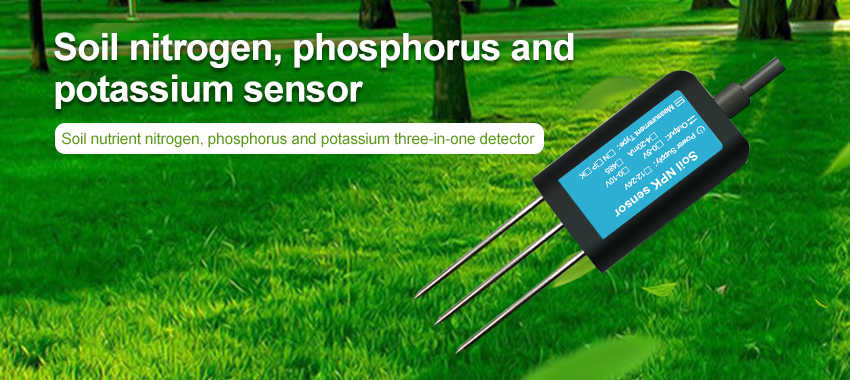Soil sensors are crucial tools for farmers, gardeners, and researchers to monitor the health and fertility of the soil. These sensors provide real-time data on various soil parameters, such as moisture content, temperature, and nutrient levels, enabling informed decision-making and maximizing crop yield. With a wide range of soil sensors available in the market, it can be challenging to choose the right one for your needs. In this article, we will explore three types of soil sensors that are best suited for different applications and environments.

Capacitive Soil Moisture Sensor:
Capacitive soil moisture sensors are among the most commonly used sensors for monitoring soil moisture levels. They work on the principle of the dielectric constant of water, which changes with the amount of moisture in the soil. The sensor consists of two electrodes that measure the capacitance between them, which is proportional to the soil moisture content. Capacitive soil moisture sensors are easy to install, require minimal maintenance, and provide accurate and reliable data. They are suitable for a wide range of applications, including agriculture, horticulture, and environmental monitoring.
Tensiometer:
Tensiometers are specialized sensors that measure soil-water tension, also known as suction or pressure potential. They consist of a porous ceramic cup connected to a vacuum gauge through a tube. When the cup is buried in the soil, water moves from the cup to the soil by capillary action, creating a negative pressure or tension. The vacuum gauge measures this tension, which is an indicator of the plant’s ability to extract water from the soil. Tensiometers are particularly useful in irrigated agriculture, where water management is critical for crop production. They are also helpful in research applications, such as studying plant-water relations and soil physics.
Ion-Selective Electrode (ISE) Sensor:
Ion-selective electrode (ISE) sensors are specialized sensors that measure the concentration of specific ions in the soil solution. These sensors work on the principle of electrochemical potential, where the potential difference between two electrodes is proportional to the concentration of a target ion. ISE sensors can measure various ions, such as potassium (K+), nitrate (NO3-), ammonium (NH4+), and chloride (Cl-). They are useful in precision agriculture, where targeted fertilization based on soil nutrient levels can optimize crop yield and reduce fertilizer waste. ISE sensors are also beneficial in environmental monitoring, where they can detect and quantify soil contamination by heavy metals or other pollutants.

Conclusion:
Soil sensors play a vital role in modern agriculture and environmental management, enabling efficient and sustainable use of resources. Choosing the right sensor for your needs depends on various factors, such as the soil type, climate, crop type, and application requirements. Capacitive soil moisture sensors are versatile and suitable for most applications, while tensiometers are essential for precision irrigation management. ISE sensors offer targeted nutrient management and pollution detection capabilities. With advancements in technology, soil sensors are becoming more accurate, affordable, and user-friendly, making them accessible to a wider range of users. Investing in soil sensors can provide significant benefits in terms of increased productivity, reduced resource use, and improved environmental sustainability.
